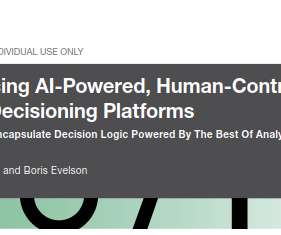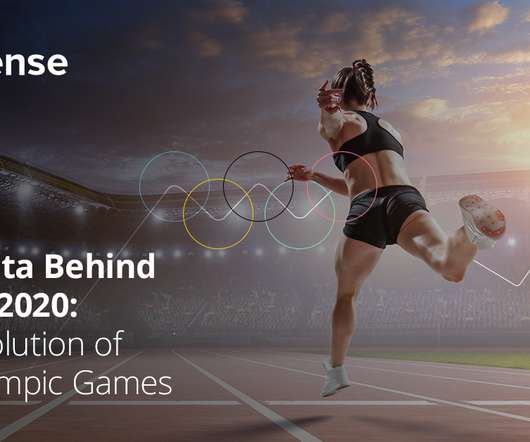What is data analytics? Analyzing and managing data for decisions
CIO Business Intelligence
JUNE 7, 2022
To ensure robust analysis, data analytics teams leverage a range of data management techniques, including data mining, data cleansing, data transformation, data modeling, and more. What are the four types of data analytics? In business analytics, this is the purview of business intelligence (BI). Data analytics examples.














Let's personalize your content